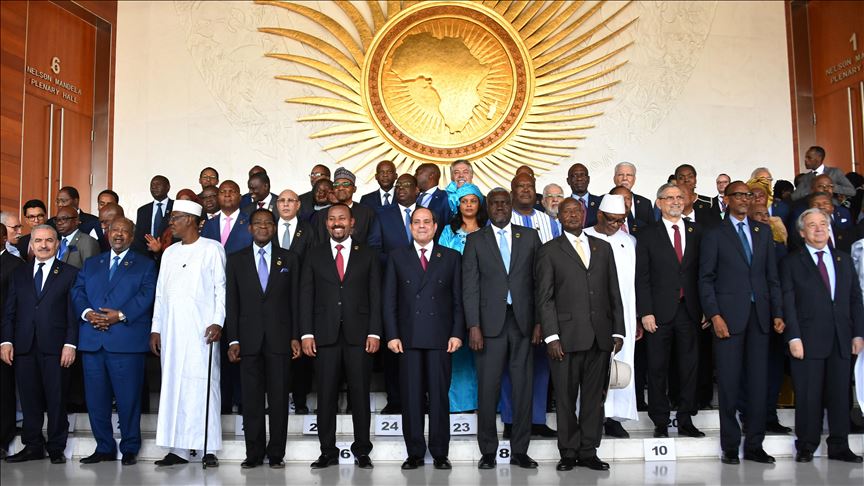Africa
Military Coups: Fear grips African leaders and their puppet masters

If Military rule is an abberation, then what Africa calls a democracy should be an abomination…
Within 3 months, 2 military takeovers (coups) have been orchestrated in 2 African countries in protest of their states’ leadership, and it has become an understatement to say the African continent or the international community in general isn’t moved.
The Military coups have led to quick actions being taken to curtail the influence the coup masterminds may have in the international scene as it has become evident a piece has been taken out from the brickwall that is the status quo, and either the building crumbles, or changes that may not be in favor of the global hierarchy must be made.
ECOWAS were on the cusps of tackling the Niger military coup action, before the Gabonese military power took over the state affairs of Gabon, forcing incumbent president, Ali Bongo from the seat of power while placing him under house arrest.
While the rest of Africa and the world condemns the action, the citizens of the affected countries, hail the army as heroes, establishing a growing narrative of where democracy stands in the African continent or if it is a system of government that is going to continue in the far future.
In reaction to the military coups, the Presidents of Cameroon, and Rwanda have made hasty changes to their country’s Ministry of Defence, with Paul Biya on Wednesday reshuffling Cameroon’s Defence hierarchy while Paul Kagame of Rwanda approved the retirement of top military generals and senior officers, as well as junior officers in the country.
Also, in Uganda, President Yoweri Museveni has shuffled 35 military leaders following the coups in Niger Republic and Gabon.
While a lot of cases are been made to deface the military system of government and politics, Africa within 2 decades of democratic leadership have not been able to show the world and its citizens the dividents of democratic leadership either in economic stability, security or financial developments, while the world played witness to the extreme poverty that has embellished Africa without sanctions on African leadership.
This raises a lot of arguments that sooner rather than later will be asked, regarding democracy’s place in African leadership setting if the world and so-called international allies continue to pretend that questions should not be asked of democracy’s faults in the African polity.

Incidents in Niger, Gabon are serving as the test plate of what to come for Africans and its leaders, and if democracy should continuously have a place in Africa’s political system, this is the time for its leaders and the world leaders so opposed to any other form of government asides democracy, to show the true dividends of democracy and what it stands for.
According to former president aide to the President Goodluck Jonathan administration, Reno Omokri, the fear of military take over may not be the case if African leaders grow to start respecting term limits and stand as advocates of free and fair elections.
He wrote on social media:
“Yesterday, President Paul Biya of Cameroon reshuffled his military command. On the same day, President Paul Kagame of Rwanda approved the retirement of 924 military officers. President Yoweri Museveni just shuffled 35 military leaders. Collectively, the three of them have been in power for 91 years (Biya 41, Museveni 37, Kagame 13).
“Instead of these panic measures, is it not better for African leaders to accept and respect term limits?
“Military coups are rare in countries with Presidential term limits and rampant in those nations without term limits. Do the math!”
However, the better question is, are African leaders ready to welcome change or risk being forced by change?
The fact that the citizens of these countries whose system of government have been taken over by its military, praise the coup leaders as heroes, raises a lot of narratives and should serve as mirror reflections rather than panic or hostile actions that further divides the African continent on itself. Who does democracy in the current political landscape of Africa benefit? The people or a few?































